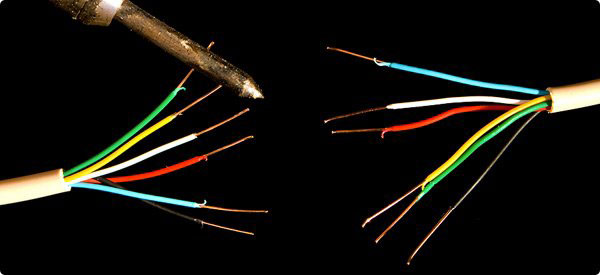Electrical DIY Jobs – Why You Should Leave Them To The Professionals
Many of us love a good DIY project and the thrill of creating something yourself. You feel alive as your hands get dirty, proud as you personalize your home, and great since you’re saving some money. Now, before you get your drill, think about all that can go wrong if you choose the wrong DIY projects. Not only would you be wasting your time and efforts, you may actually end up paying more to have the work redone correctly by professionals. Then, some home repairs and improvements are just plain dangerous for you to do by yourself, unless you’re a professional handyman or contractor. For example – for your safety and safety of others, only someone who is trained in that field should complete electrical work. Otherwise, those jobs have the potential to seriously injure you or severely damage your home.
Let’s say you want to enhance the layout of your home and knocking a wall down sounds pretty simple; but do you know if that wall has electrical wiring or plumbing behind it? Also, the electrical work you want to perform may need a bunch of other considerations; is it going to be up to code, or is a permit required to do the work? There are building codes that are mandated for safety purposes; if you do something that’s not up to code will also affect you if you ever want to sell your home.
There is a limited amount of electrical work you are allowed to do in your own home:
- Replacing switches, socket outlets, lamp holders, ceiling roses, water heater switches, thermostats and elements.
- Repairing light fittings.
- Moving, repairing or replacing flexible cords connected to permanently connected outlets or ceiling roses.
- Disconnecting and reconnecting permanently wired appliances.
- Moving switches, sockets and lighting outlets, but only if they are wired with tough plastic-sheathed cables.
- Installing, extending, or altering any cables (except the main cables that come from the street to your switchboard). You have to get the finished job checked and tested by a licensed electrical inspector. You cannot connect your work to the electricity supply yourself. The inspector will connect it, test it, and issue you with a Certificate of Compliance (see below) if it complies with safety requirements.
- Fitting plugs, cord extension sockets or appliance connectors to a flexible cord.
- Replacing fuse wires and fuse cartridges.
- Repairing appliances.
Keep in mind that any project involving electricity should be approached with extreme caution, and that you may be able to work out minor repairs like changing a light switch or installing a ceiling fan, but as long as you make sure that you turn the power off first. Any repair or venture that exceed a simple fixture, your best bet is to call a professional electrician, as also recommended in HowStuffWorks.com.
A big point here is not even how much time, effort and money you may end up wasting if you try to tackle a complex and complicated electrical work in your home – it’s the fact that one wrong move could burn your house down or cause an explosion, and an electric shock could cause injury or death. Remember, all it takes is ONE mistake! So when you’re in need of electrical repairs or improvements, think professional handyman Lancaster PA! Let our licensed electricians do the tougher and riskier jobs for you!


